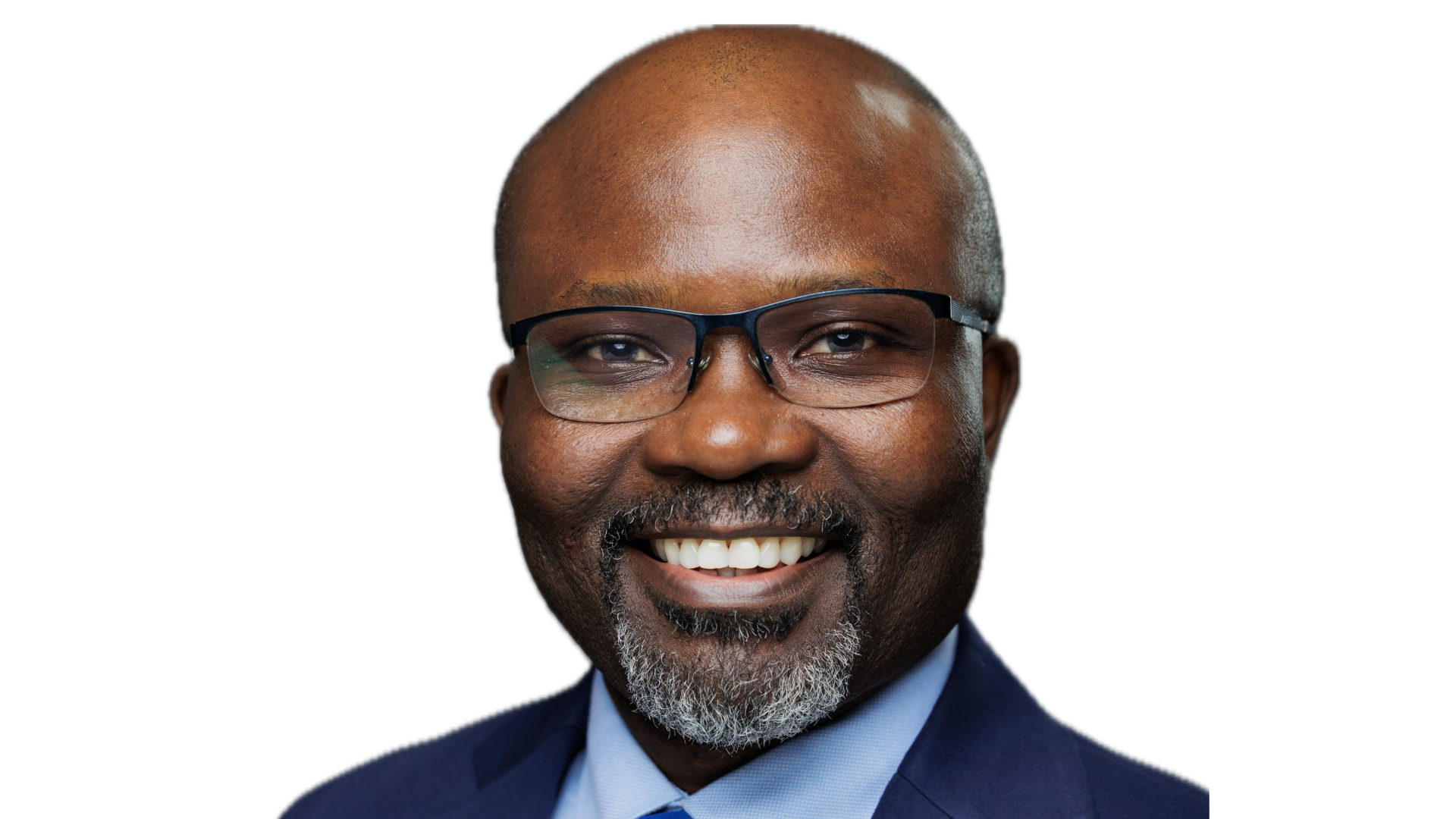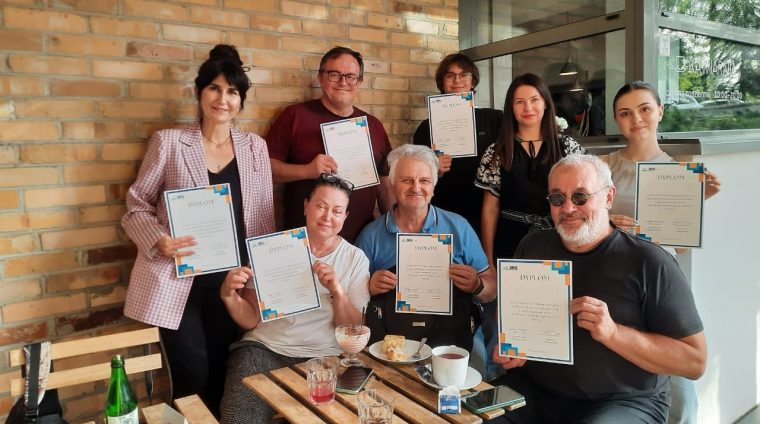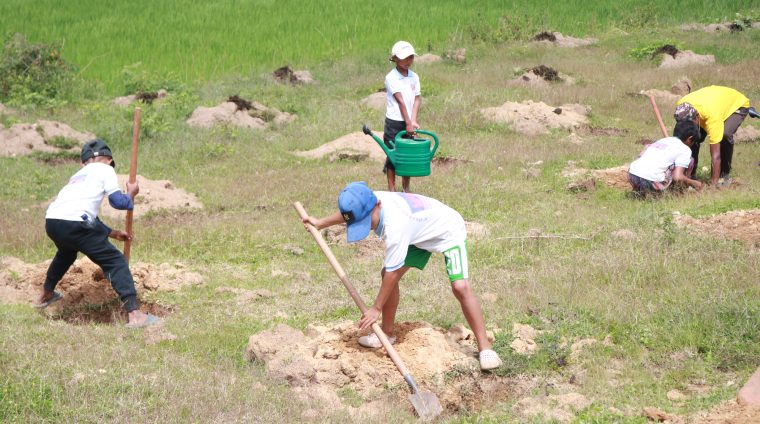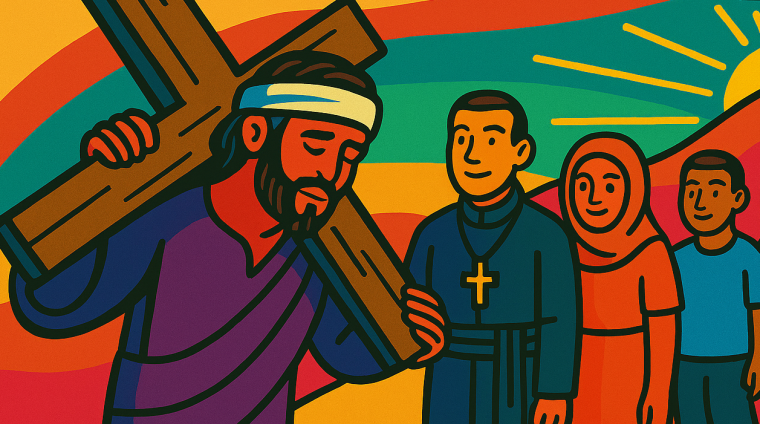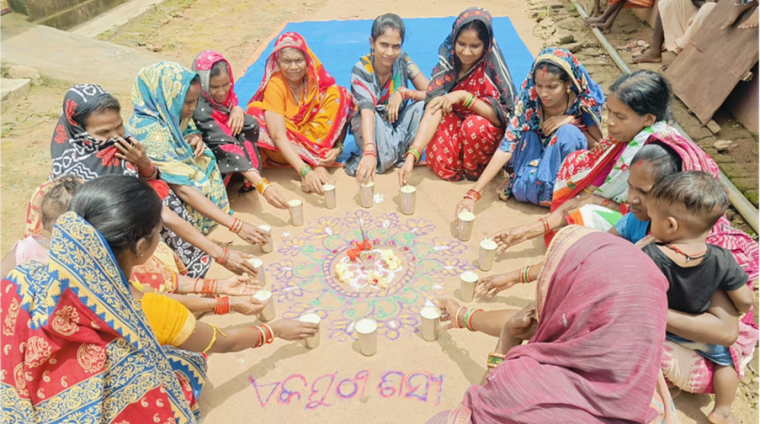The dominant view in political theories, known as realism, and the resulting global order are based on the assumption that people are naturally greedy, selfish, and prone to violence for survival, as Thomas Hobbes and others have suggested.
They are constantly in competition over limited resources. This view is rooted in an anthropology that denies the divine command to be stewards of creation and each other, as well as the idea of God’s likeness and natural goodness in humanity.
Violence does not come from an unavoidable ontological condition but from human choices.
The misrepresentation of Africa in global collective consciousness is a deliberate political choice that justifies reducing the continent to a mere source of minerals for others. The lives of impoverished Africans are considered less valuable.
Therefore, their suffering, killings, and displacement are viewed as collateral damage to the progress of humanity, as if the poor were an appendage of humankind. This perspective is unacceptable.
Furthermore, epistemic violence is inflicted upon creation as a whole when everything is viewed purely as a means to profit. It justifies the neocolonial brutality exerted on nature in the name of progress, science, and technology.
However, this “epistemic” violence benefits predators who hide their actions behind stereotypical images of Africa as backwardly resisting progress. To address capitalism’s issues, it is crucial to accurately diagnose the current situation.
Creation is divine and offers abundant resources, and human ingenuity in producing living resources is limitless. We should reject the capitalist view of creation as something to be grabbed, accumulated, or hoarded. Quite the opposite! (Exodus 16: 21-22,29).
Creation is our common home, an adjuvant to human flourishing. A “conversion” at a deeper level of thinking, feeling, and acting in the world is necessary (Laudato Si’ sections 19, 51-52) — and thinkers, whether academics or policymakers, should take this call to conversion seriously.
When addressing critical concerns such as access to natural resources and the overexploitation of God’s creation, including human beings, it is vital to recognise that these man-made problems cannot be solved using the same level of awareness and thinking that led to their creation, paraphrasing Albert Einstein.
Pope Francis called for a paradigm shift (Laudato Si’ 101, 106, 108, 116) in how we understand society’s structures and political systems. Tolerating this unjust suffering outsourced to the defenceless (the poor, creation, and God) for the sake of future gains echoes the neoliberal rhetoric that initially imposed harmful structural adjustment programmes on Africans.
Furthermore, it is crucial for leaders—especially those in Africa, who often complacently participate in a power game where rules and interests are shaped and controlled by and for the capitalist West—to recognize the importance of this call for intellectual and spiritual conversion.
This understanding is vital for envisioning a different future for our children. These children are also a “divine” resource that must not be mortgaged.
Fr. Toussaint Kafarhire Murhula is a Jesuit priest, theologian, and social scientist. He is currently the Executive Director of the Centre Arrupe pour la Recherche et la Formation (CARF) in Lubumbashi, Democratic Republic of the Congo, where he works extensively with local communities and mining cooperatives. He is a member of several scholarly societies and networks, including the African Studies Association of Africa, where he serves as president.

